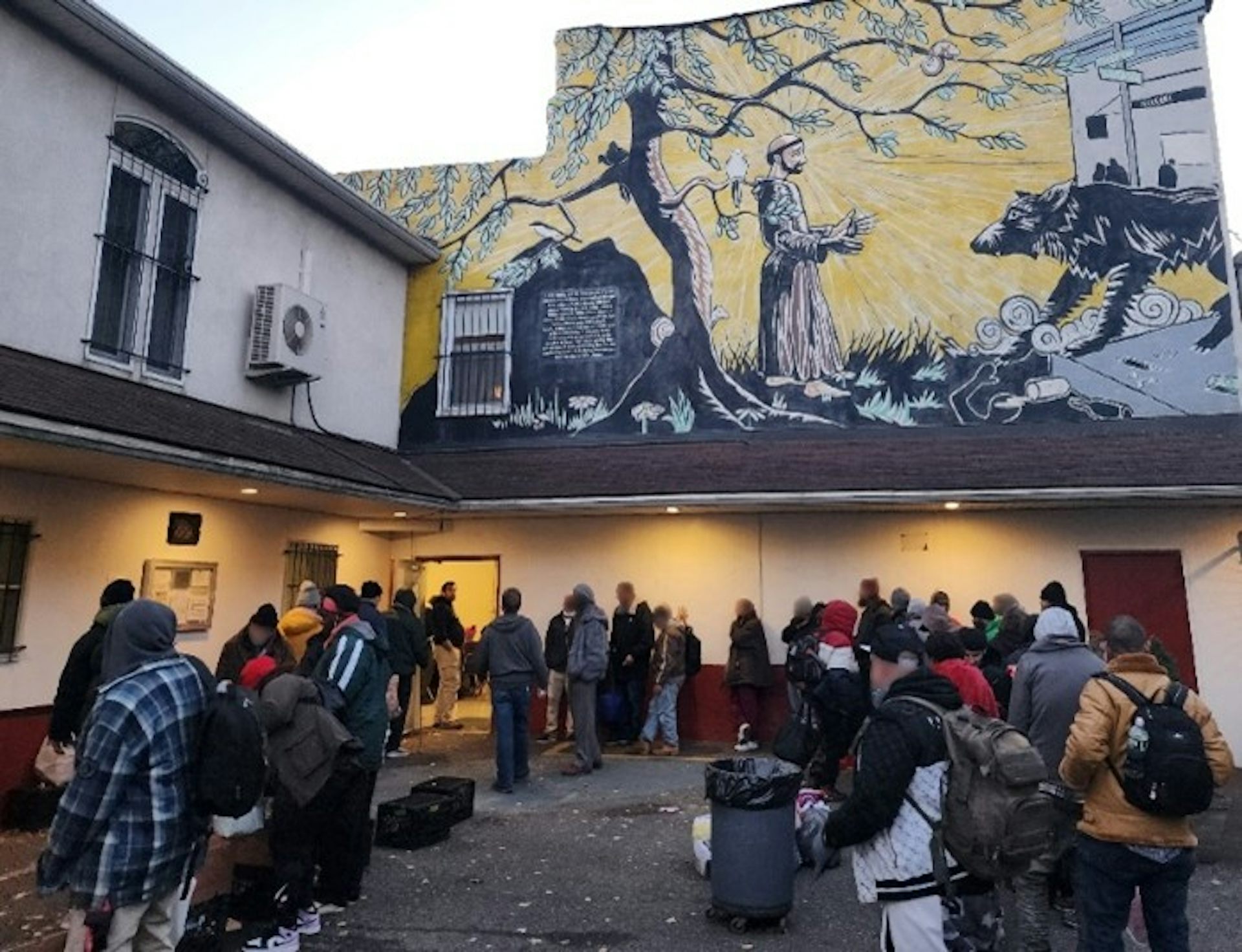How a national student database could cheapen the college experience
Under a proposal from a Bill and Melinda Gates Foundation initiative, the federal government would collect data on student economic outcomes.

The Bill and Melinda Gates Foundation has proposed that the federal government create a database that includes information on outcomes for individual college graduates, such as how much money they earn after they get a degree in a particular major. That’s according to a report that a commission sponsored by the foundation released in May 2021.
I asked the U.S. Education Department if they plan to adopt the proposed database, but did not get a yes-or-no answer.
“There are currently statutory prohibitions against the department developing a new national database on student information,” said Melanie Muenzer, chief of staff for the Under Secretary of Education James Kvaal.
Muenzer said the department is reviewing the commission’s recommendations. “We anticipate more conversations with commission members to learn even more,” Muenzer said.
In some ways, those “conversations” have already begun. Michelle Asha Cooper, a former member of the commission, now serves as deputy assistant secretary for higher education under Biden.
As a political theorist who specializes in education policy and its impact on society, I think that a national student database would change the focus of much of American higher education.
Many people understand the university experience as an opportunity for a variety of educational and enriching experiences. I believe this proposed database will shift the focus to ensuring that college graduates earn a certain level of income and wealth. Although the commission says the purpose is to address racism, classism and sexism, I think that it is more accurate to say that the commission wants to frame the value of higher education in largely economic terms.
Defining value
The Gates Foundation created the Postsecondary Value Commission precisely to define the value of a college degree. As commission member Margaret Spellings has said: “people don’t spend $80,000 or borrow lots of money because they want to be better people.”
The report nods to the value of the liberal arts in sustaining a healthy democracy. However, according to commission member José Luis Cruz, the report concentrates on “easily quantifiable measures of value.”
The report creates a framework to rate the economic payoff of colleges, majors and certificate programs. At the bottom of the scale, graduates are not financially better off than if they had simply graduated high school. Higher scores suggest that students of color, students from low-income backgrounds and women are getting an earnings premium. The highest score indicates that a program is helping all of its graduates gain the same wealth as their white, male peers.
Database details
For this framework to work, it needs more data than presently available. Thus, the commission calls upon policymakers to create “a federal student-level data network” to track “students’ pathways and post-college outcomes.” The national database would collect information on students’ race, gender, major, income, wealth and debt.
The existing College Scorecard collects information about the income of college graduates who received federal financial aid. The University of Texas data system provides information about alumni earnings and debts up to five years after graduation. The commission, however, wants to have data on all students up to 30 years after graduation to determine if a program achieves wealth parity.
One hurdle to the proposed database is that Section 134 of the Higher Education Act of 1965 prohibits the U.S. Department of Education from developing a national database on student information. This spring, a bipartisan group of senators has introduced the College Transparency Act that would repeal this statue and permit the federal government to create a post-secondary student data system.
Obama 2.0
President Obama wanted the federal government to rate colleges “on who’s offering the best value so students and taxpayers get a bigger bang for their buck.” Former members of Obama’s education staff and the Gates commission now work for the Biden administration.
Tamara Hiler, director of education at the think tank Third Way, explains that federal policymakers could use this proposed database to determine if programs and institutions are “worthy of student or taxpayer investment.”
Students at schools with sizable endowments like Yale may still major in subjects like history. But schools dependent on federal and state aid may need to “streamline pathways into the workforce.”
The commission says that its recommendations will help the country dismantle systemic racism.
I see this as part of a longstanding debate about the purposes of higher education.
For instance, Booker T. Washington, the founder of the Tuskegee Institute, the famed historically Black land-grant university in Alabama, argued that Black people needed to acquire economic power if they were to challenge white supremacy. For Washington, Black students should not waste their time and energy studying “French grammar and instrumental music.” His famous advice to African Americans was to “cast down your bucket where you are,” meaning that they should take advantage of the economic opportunities available right now. Today, he might recommend that Blacks major in the lucrative fields mentioned in the report such as engineering and computer science.
W.E.B. Du Bois, one of the founders of the National Association for the Advancement of Colored People, countered that the liberal arts are necessary to train Black leaders to write, think, speak and mingle with leaders of other races. Du Bois maintained that “the longing of black men must have respect.” He wanted Black people to strive for “that higher individualism which the centers of culture protect.”
If the proposed database becomes a reality and colleges focus on their graduates’ incomes, this could have a limiting effect on low-income students. Whereas students at elite colleges will still have the luxury to major in the liberal arts, I anticipate that students at community colleges and state universities will feel pressure to earn more vocational degrees.
Bill and Melinda Gates could use their fortune to award scholarships to students who then choose their own major. Instead, their foundation may make it harder for all but the wealthy and privileged poor to major in anything that does not seem to lead to a solid return on investment.
[Over 106,000 readers rely on The Conversation’s newsletter to understand the world. Sign up today.]
Nicholas Tampio does not work for, consult, own shares in or receive funding from any company or organization that would benefit from this article, and has disclosed no relevant affiliations beyond their academic appointment.
Read These Next
The intensity and perfectionism that drive Olympic athletes also put them at high risk for eating di
Athletes in sports where weight and body image come into play, such as figure skating and wrestling,…
Are women board members risk averse or agents of innovation? It’s complicated, new research shows
The effect of women board members on patent activity hinges on whether the company is meeting performance…
Nearly every state in the US has dyslexia laws – but our research shows limited change for strugglin
Dyslexia laws are now nearly universal across the US. But the data shows that passing a law is not the…





